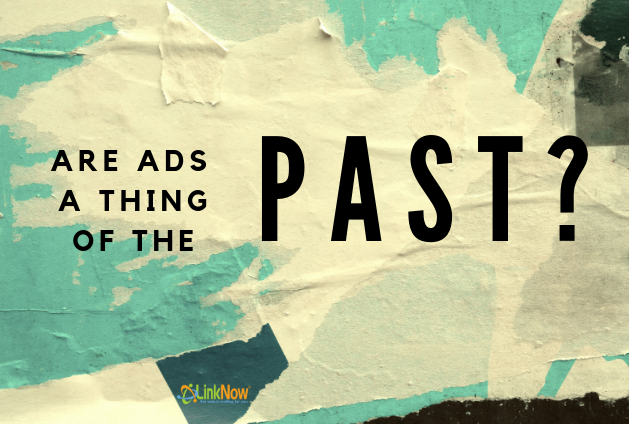
Usually, when businesses think of online review platforms, they think of the client-centric ones like Facebook, Google My Business, and Yelp. The whole idea is to give customers the ability to speak their mind about your products and services. Review platforms create a space of open communication and transparent dialogue that forces companies to be accountable to consumers.
But what about the employees who make it all possible? That’s where Glassdoor comes in. Glassdoor is a review platform that forces employers to be accountable to their employees. It helps create a culture of transparency, openness, and honesty. It builds your brand. And most importantly, it helps companies attract (and hold onto) the talent they need to thrive—and grow!
Join us as we explore why your company needs Glassdoor and how to make the most of Glassdoor.
1. Use Glassdoor to Communicate Your Company Culture
The first thing to know about Glassdoor is that everyone’s reading it. And not just the reviews, either. Glassdoor gives candidates the opportunity to read about your company’s workplace culture in a more transparent way than you might find on their own website.
Make the most of your profile by including a succinct mission statement, outlining objectives, and explaining exactly what you do. But be honest! In 2019, it’s not just millennials who are looking for employers that respect their values. Everyone is. And if your goal is to build a team that works well together and sticks around for the long-haul, you should be looking for candidates who align with your values too.
Glassdoor is the perfect way to make it happen.
2. Show Current Employees and Candidates that You Stand By Your Values
Employment in 2019 is all about authenticity. Do you hold true to your values? Do you stand by your policies? Do you treat your employees with respect?
Glassdoor makes it impossible to keep things ‘behind closed doors’. Not fulfilling your promises? The secret will get out! This is what makes Glassdoor such a trusted source for people on the job hunt. Anything false or misleading could end up getting you called out in the reviews located just below. Ideally, every review confirms what you say about yourself. Communicate a strong sense of identity and workplace culture through Glassdoor’s Overview section.
3. Post Jobs on Glassdoor and Make Them Searchable with SEO
About 89% of Glassdoor users use it to find jobs. Make sure you’re getting the best applicants by making your open positions accessible to job seekers. Best of all, posting jobs on Glassdoor is free!
Make sure that when you write your business descriptions, reply to comments, and post job descriptions that you’re optimizing everything with keywords that are relevant to job seekers. This will help them find your company and the jobs that you’re offering.
4. Don’t Get Stressed About Revealing Salary Information
You might want to keep salaries a secret. But everyone else is dying to know. Accept the fact that average salaries and salary expectations are already widely available online. People are talking. Plus, your candidates are going to find out eventually. Wouldn’t you rather weed out the disinterested parties before going through the entire interview process?
5. Take Feedback Seriously and Show that You Care About Growing
Sure, financial growth is important. But so is internal growth! At LinkNow Media, we want our employees to criticize us. We’ve made it a point to hire strong-minded, hardworking, critical employees who are not afraid to offer feedback. It’s not about negativity either. By opening our doors to constructive criticism, we’ve created a culture of communication.
The idea is to take criticisms and learn how to grow from them. Glassdoor is the perfect forum to show to future candidates and current employees that you take their feedback seriously. Don’t think of it like employees airing your dirty laundry. Think of it as an opportunity to show the world what kind of company you are!
Interested in working at LinkNow Media? Check out our Glassdoor profile! Join the conversation and apply now!












